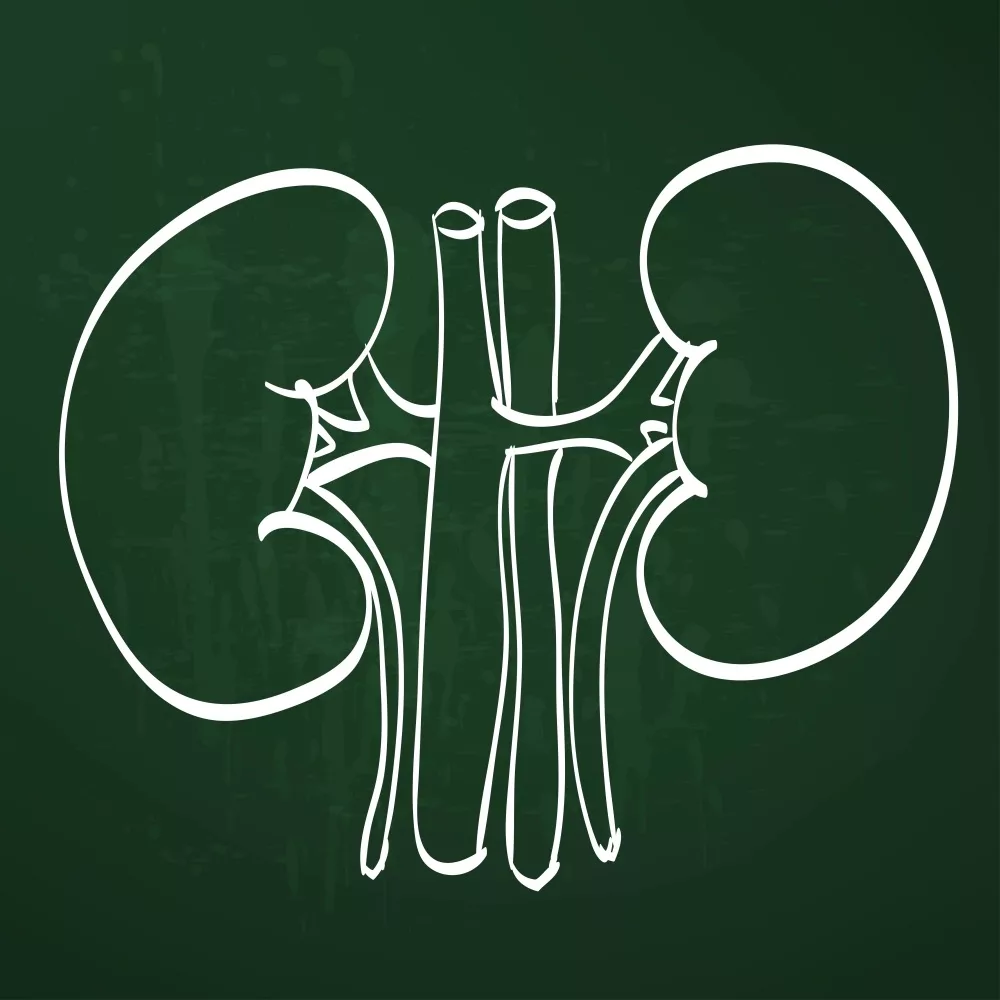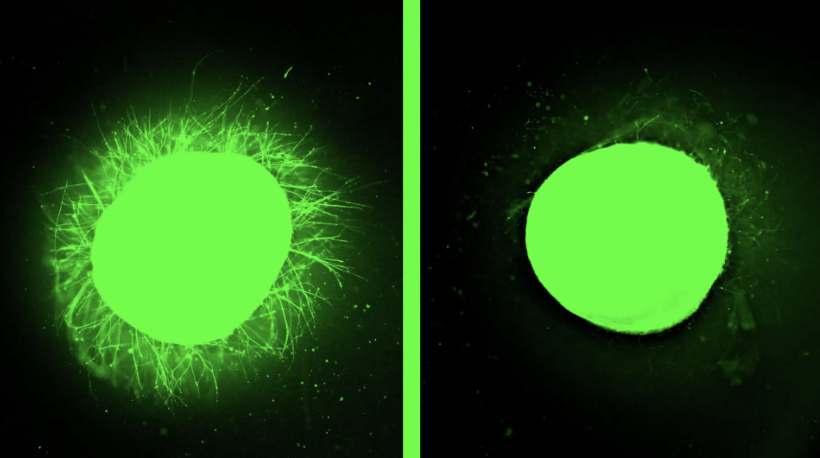Extrusion-based three-dimensional cellular bioprinting has been applied to efficiently generate kidney organoids with reproducible cell number and viability, addressing the issues of organoid variability, nephron immaturity, low throughput, and limited scale. This technology allows for rapid and high-throughput kidney organoid production, replacing the need for manual generation. The study also demonstrated its potential for drug testing, specifically evaluating the toxicity of aminoglycosides. Additionally, three-dimensional bioprinting enables precise control over organoid properties, such as size, cell number, and conformation, leading to increased nephron yield per starting cell number and the creation of uniformly patterned kidney tissue sheets with functional proximal tubular segments. This advancement in automated bioprinting for kidney organoid production improves throughput, quality control, scale, and structure, facilitating various in vitro and in vivo applications of stem cell-derived human kidney tissue.
Keywords: Organoid




